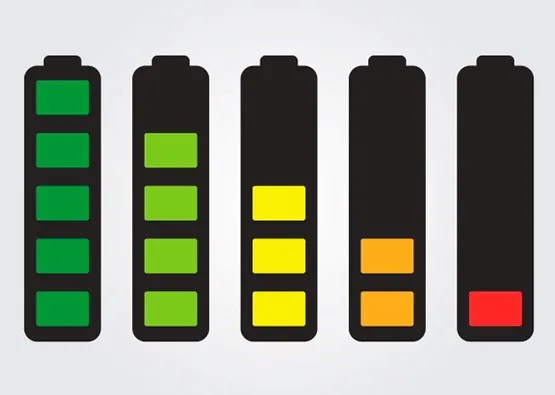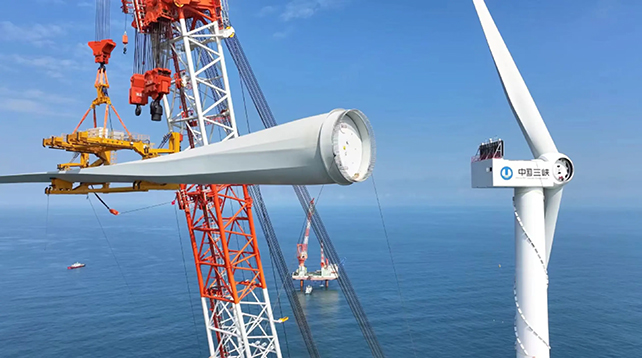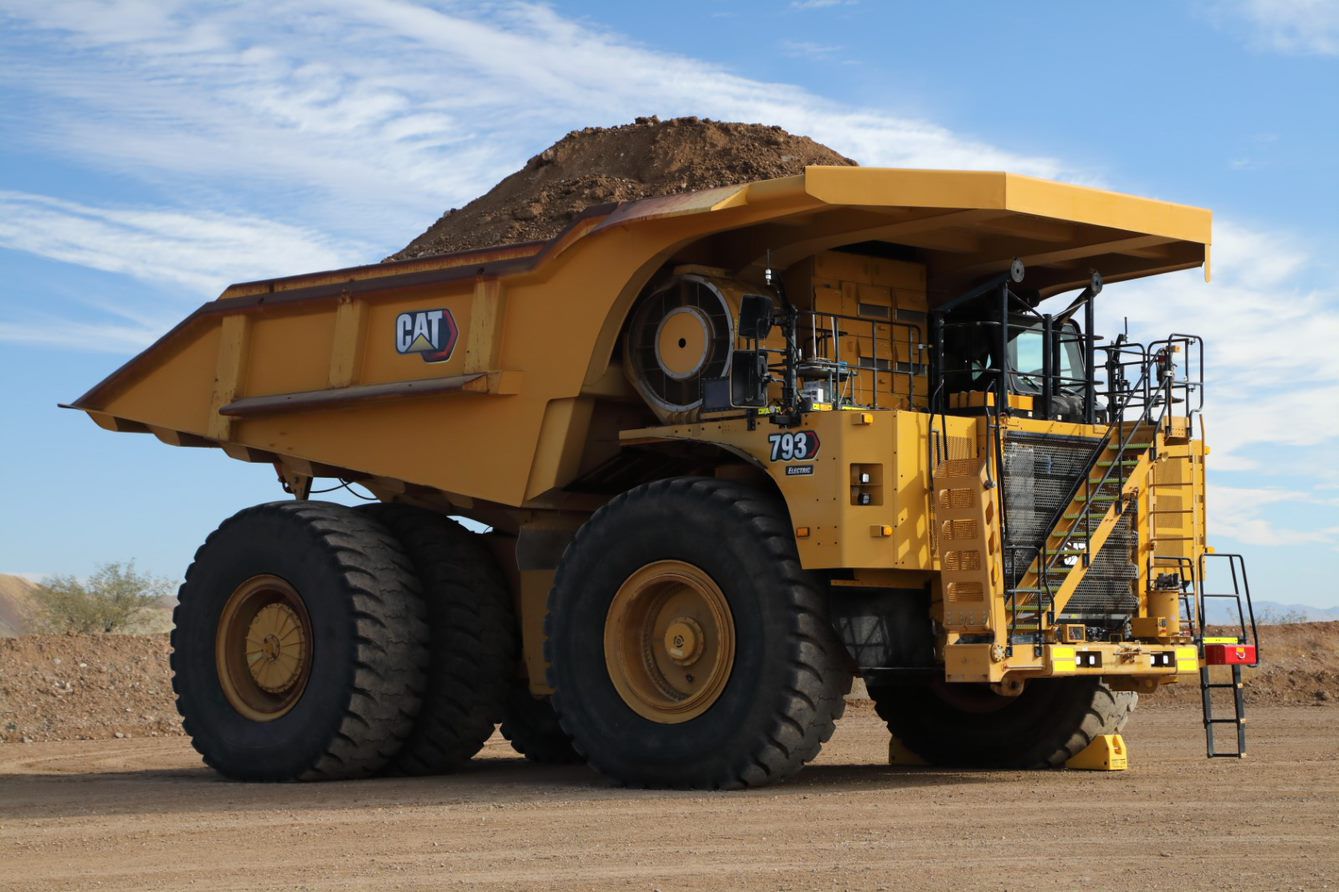Batteries are central green transitions, according to lead scientist Dr. Shenlong Zhao, from the University of Sydney. Low-cost battery is built with four times the capacity of lithium. Researchers are hoping that a new, low-cost battery which holds four times the energy capacity of lithium-ion batteries and is far cheaper to produce will significantly reduce the cost of transitioning to a decarbonised economy.
“Our sodium battery has the potential to dramatically reduce costs while providing four times as much storage capacity lithium” Dr. Shenlong Zhao said.
“When the sun isn’t shining and the breeze isn’t blowing, we need high-quality storage solutions that don’t cost the Earth and are easily accessible on a local or regional level,” Dr Zhao said.
“Storage solutions that are manufactured using plentiful resources like sodium which can be processed from sea water – also have the potential to guarantee greater energy security more broadly and allow more countries to join the shift towards decarbonisation.”
Using a simple pyrolysis process and carbon-based electrodes to improve the reactivity of sulphur and the reversibility of reactions between sulphur and sodium, the researchers’ battery has shaken off its formerly sluggish reputation, exhibiting super-high capacity and ultra-long life at room temperature.
The researchers say the Na-S battery is also a more energy dense and less toxic alternative to lithium-ion batteries, which, while used extensively in electronic devices and for energy storage, are expensive to manufacture and recycle.
The lab-scale batteries (cion batteries) have been successfully fabricated and tested in the University of Sydney’s chemical engineering facility. The researchers now plan to improve and commercialise the recently fabricated Ah-level pouch cells.
Discover more from Green Innovation News
Subscribe to get the latest posts sent to your email.





